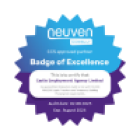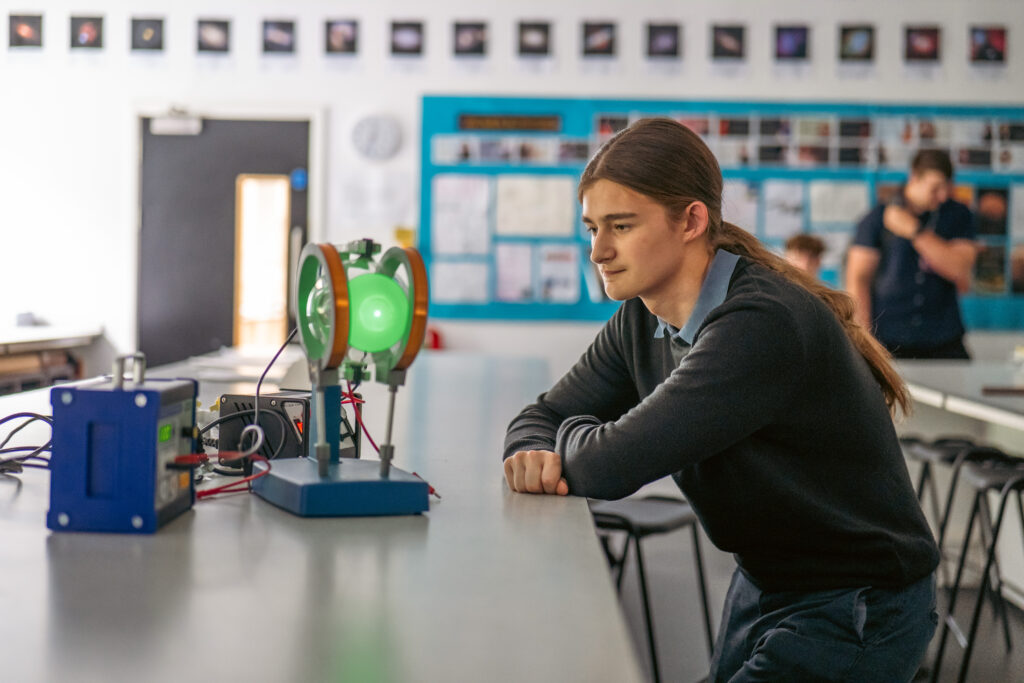Understanding the Shift
Teach First, one of the UK’s leading graduate recruiters for teachers, has announced a strategic move. They will now be using fewer written tasks and more in-person, task-based assessments, including “micro lessons.” This change is in response to the fact that 50% of graduates are now using AI tools in their job applications. This is up from 38% the previous year, according to data from The Guardian.
The surge in AI-assisted applications has driven a significant increase in application volumes for Teach First in 2025 compared to 2024. Written responses, once seen as a reliable indicator of a candidate’s abilities, are now less trusted because AI tools can produce highly polished text that is difficult to detect. Live assessments are therefore becoming more important to give recruiters a clearer view of a candidate’s true skills and potential.
What This Means for You as an Applicant
- Authenticity Is Key
Live assessments such as micro lessons reveal your true ability to think on your feet. AI can help polish written work, but it cannot deliver a lesson, adapt to feedback, or respond to a real classroom environment. You should prepare to showcase your natural teaching strengths in person. - Be Aware of AI Limitations
Some candidates have unintentionally left traces of AI in their applications. This can include phrases that do not match their usual writing style or even remnants such as “as a large language model” in text. Proofreading carefully and using your own words will help you avoid these issues. - Update Your Preparation Strategy
It is now more important to invest in preparation that develops your live performance. You should refine how you explain concepts clearly and concisely. Practise delivering a three to five minute micro lesson. Build confidence in speaking naturally and adapting to different situations.
Top Tips to Stand Out in the New Assessment Format
| Tip | What to Focus On |
| 1. Develop your micro lesson delivery | Choose a simple concept you know well. Explain it clearly in a short time, using engaging examples. Practise with friends or record yourself to review your delivery. |
| 2. Use AI wisely as a support tool, not a substitute | AI can be helpful for generating ideas, structuring your content, or checking grammar. However, you should always rewrite and adapt it so that your own voice comes through. Recruiters are looking for the real you. |
| 3. Show empathy, clarity and adaptability | In live exercises, your tone of voice, facial expressions and ability to adjust your approach are just as important as the content of your lesson. Let your personality and enthusiasm shine. |
| 4. Understand wider graduate market trends | Graduate vacancies have decreased in recent years, with some reports showing a 32% decline since late 2022. Being fully prepared for live performance will give you an advantage in a competitive market. |
| 5. Demonstrate genuine relevance | Avoid tricks such as hiding keywords in white text to try to manipulate applicant tracking systems. This is rarely effective and can harm your chances. Instead, make sure your skills and experience are clearly relevant to the role. |
Final Thoughts for Castle Education Candidates
At Castle Education, we champion candidates who are authentic, confident and adaptable. The rise of AI in applications is real. However, so is the opportunity to stand out by showing who you are in person.
Your mission is to prepare to teach rather than only preparing to write. Show your passion and commitment when you meet assessors face to face. Let your own voice tell your story, and use that as your competitive advantage.
Get in touch if you’d like help crafting micro-lesson templates or practising delivery—we’d love to support your next steps!








